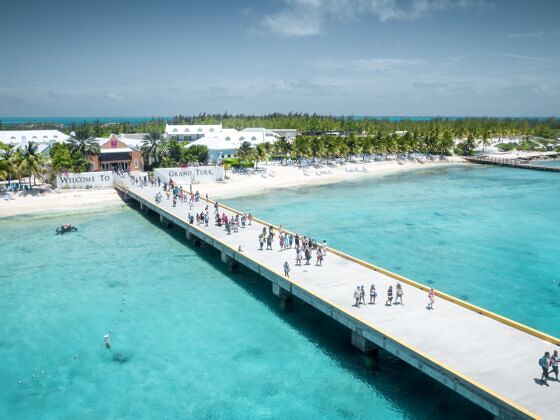Nobody says postcolonialism’s been easy.
To go from a state of dependence to one of autonomy with little support has proven understandably challenging for many of Europe’s former colonial states, especially the small islands of the Caribbean. And in the age of globalization, which has prompted a form of economic neo-colonialism, fledgling independent governments have struggled to develop infrastructure, support, and services for their citizens.
